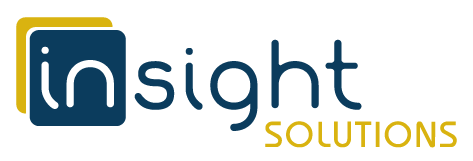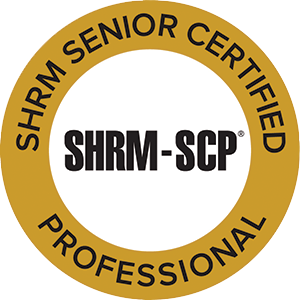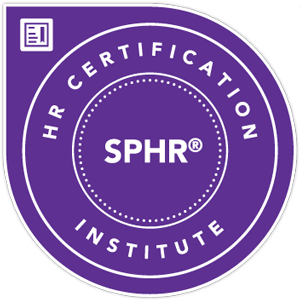An informational interview is not a job interview. It is a way to get a clear visual of an industry, company, or position to determine if it’s right for you. When you request an informational interview with someone, it means you are willing to hear their story without pressing your own.
Once you get someone to agree to meet you for an information interview, the next task is developing the right questions to ask. Make sure to personalize the questions and do research on the person and their work in advance. Here are some of our favorites.
Tell me a bit about your career path and what led you to the role you are in today? An informational interview is about them, so this is the best place to start.
What were some of your earlier roles in the field? Great follow up questions include what did you learn that helps you today? Or, what mistakes did you make along the way? These give you great insight into how linear, or not, someone’s career path was.
What does a work day look like for you? This will help you determine if you would enjoy the everyday experience of this type of role.
What are some big projects you’re working on now or that you’ve finished up in the last few months? Projects keep a job interesting, so you want to know what he or she has been working on.
What are you most excited about right now? What this person enjoys about her work could be completely unexpected and it’s a great way to get the person to open up more.
Is there something that surprised you about the role when you first started? You may have someone who is willing to be candid about the downsides of their job. If not, this question is an easy shift to allow them to share something they were unprepared for.
What skills do you think are most important for someone interested in a job like yours? Take careful note of these, especially the ones you don’t technically have to fill gaps in your skill set before applying for similar jobs.
What are some of the biggest challenges you face day-to-day? As you listen, do these challenges excite you or do they sound horrible?
What about the biggest rewards? This can range from the salary to an emotional reward. Listen carefully to see if the answer resonates with you.
Do you have any recommendations for other people I should talk to or other resources I should explore? Maybe they’ll introduce you to another contact, but it’s also great to just hear what sites you should be reading or newsletters you should subscribe to.
Are there any questions I’m not asking that I should be? Sometimes you’ve missed a big element of the work simply because you didn’t ask in quite the right way.
Would it be alright for us to stay in touch? Whether that’s through LinkedIn or through an occasional email, it’s always nice to turn an informational interview into an ongoing networking connection or a potential mentor.
Make sure to wind down the information interview in a timely fashion. Keep an eye on the time. Generally speaking, they should be no longer than 20-25 minutes. If you find you are going to run long, find a logical place to cut yourself off. Thank them when you are through and following up with a thank you note is also a nice touch. If you asked to stay in touch, be sure to follow through. Set a calendar notification on your phone for one month or a couple months out from your meeting to make sure you remember.
When done correctly, informational interviews can help you make good decisions as well as expand your network.








